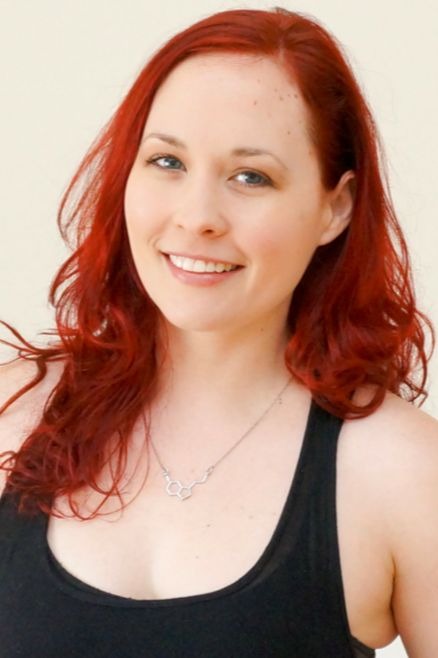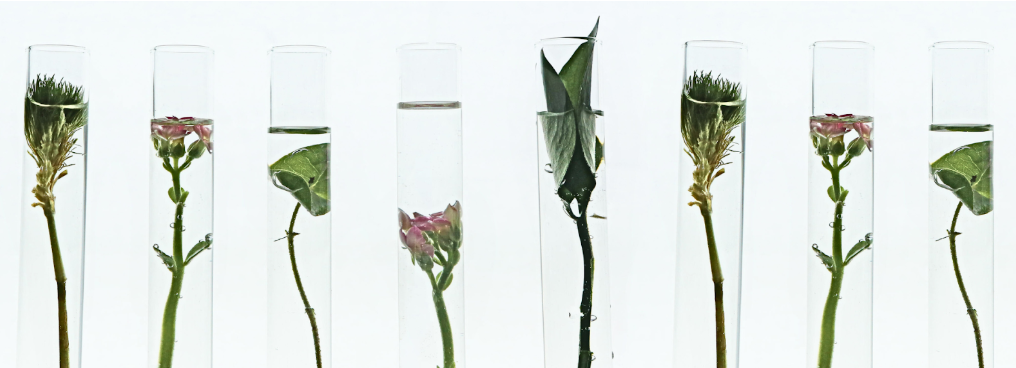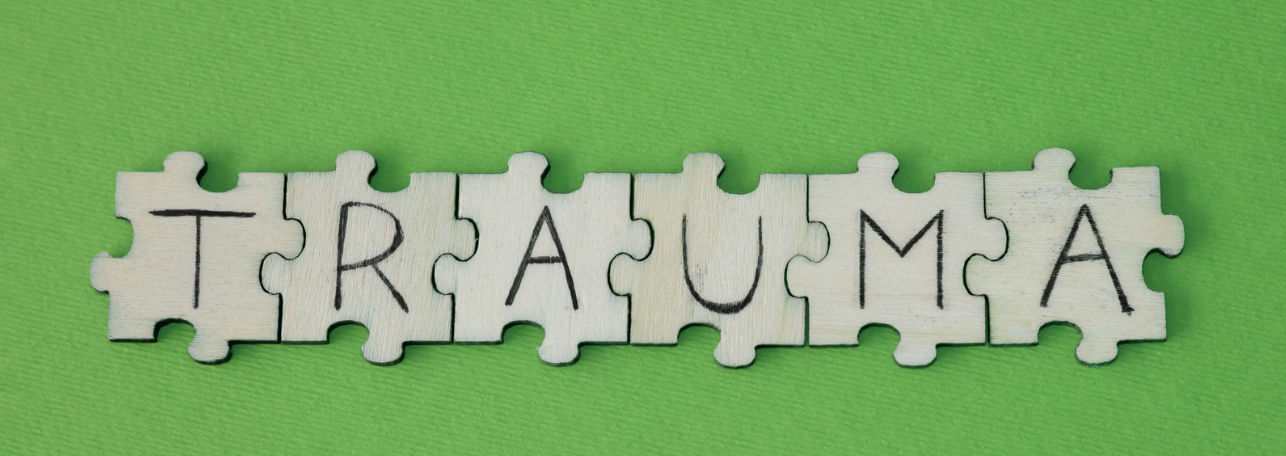The #MeToo movement—originally started by social activist Tarana Burke in the 1990s—was the story of 2017. Fueled by a moment in which women were coming forward to tell their stories of assault and abuse by men in power—and seeing those same men lose decades-long careers as a result—a door opened, seemingly overnight, for people to tell their own stories of assault and harassment. Finally, a light was shining on the pervasiveness of this issue.
Like many, I woke up that morning to a slew of messages inviting me to participate and tell my own story of sexual assault. I had two immediate and conflicting thoughts: a giddy “This is amazing and inspiring!” and an anxious “Oh man, this is hard.”
I was sexually assaulted twice by an acquaintance when I was 19. I had already struggled with an eating disorder for years before that, but my assault shoved me deeper into the shame that fueled my disorder and kicked it into high gear. My assault and my disorder were always inextricably linked.
Blessedly, I discovered yoga in a tiny, one-room studio in Tuscaloosa, AL one year after my assault. Yoga—along with years of therapy and healthy, supportive communities—was integral to healing from both my assault and my eating disorder. The poses taught me I’m strong and capable. The philosophy taught me that I’m worthy of love and compassion. And teaching yoga, especially to others in recovery, gave me a sense of purpose and a reason to stay healthy.
But the day the #MeToo movement exploded on social media, I felt that old, familiar tug of needing to control something: myself, my environment, and my sense of safety. Anything, really. Ten years into recovery, I know what to do when those feelings arise: I use my coping skills and lean into my healthy communities for support. But as I processed the onslaught of stories about women being harassed, attacked, and abused, it was impossible to deny how potentially triggering the deluge could be, and my heart ached for those who might be struggling.
In times of stress, I return to my yoga practice to center and ground. Regardless of whether you practice yoga yourself, you can apply yogic principles to your routine to help navigate this intense and potentially triggering cultural moment.
Breathe.
We all know a deep breath changes things, in body, mind, and spirit. Deep breathing helps regulate the central nervous system and can help restore a sense of calm and control. Lately, I’ve come to love the idea of a metaphorical breath almost as much as a literal one. Taking a breather from social media, the news, and conversations about current events can be incredibly refreshing. It’s great to want to stay informed, but it’s equally healthy to take space from potentially triggering information.
Withdraw without isolating and seek silence.
Yogic philosophy espouses a practice called pratayahara, which loosely translates to “withdrawal of the senses.” It involves tuning out distractions to focus on the here and now. This doesn’t meant shutting out support or withdrawing from community. Rather, it’s about turning off the TV, disabling alerts from news apps, and finding internal peace and quiet.
Be here now.
Present moment awareness has to be practiced and worked on. But the more we work on it, the safer we’re able to feel, as we set aside ruminations on the past and worries about the future. Cultivate presence by focusing on the sights, sounds, and feelings around you. Notice that you’re safe and okay right where you are.
Reclaim the body.
Our bodies are incredibly wise, and they hold onto memories from our past. Feeling triggered often shows up as a physical sensation. That’s why it’s important to do things that let our bodies know we’re safe right now. Go on a walk, get some gentle exercise, or sit in a favorite comfortable chair. Getting back into your body can help triggering moments pass with more ease.
I hope that the #MeToo movement will ultimately lead to powerful cultural and personal healing. Until then, I’ll keep taking some deep breaths, right here, right now.
Melissa Scott is a yoga teacher, therapist, and author based in Birmingham, Alabama. She writes and presents regularly on yoga, feminism, and body positivity and leads yoga teacher trainings and workshops both at home and around the country. Her first book, White Girl in Yoga Pants, is now out in paperback.






